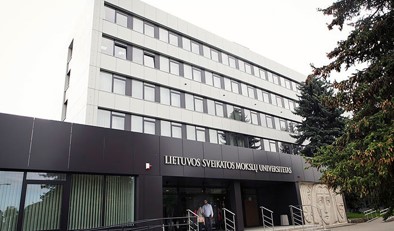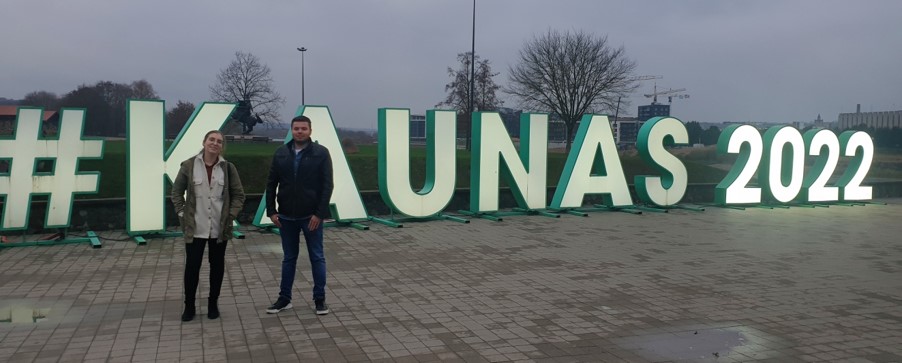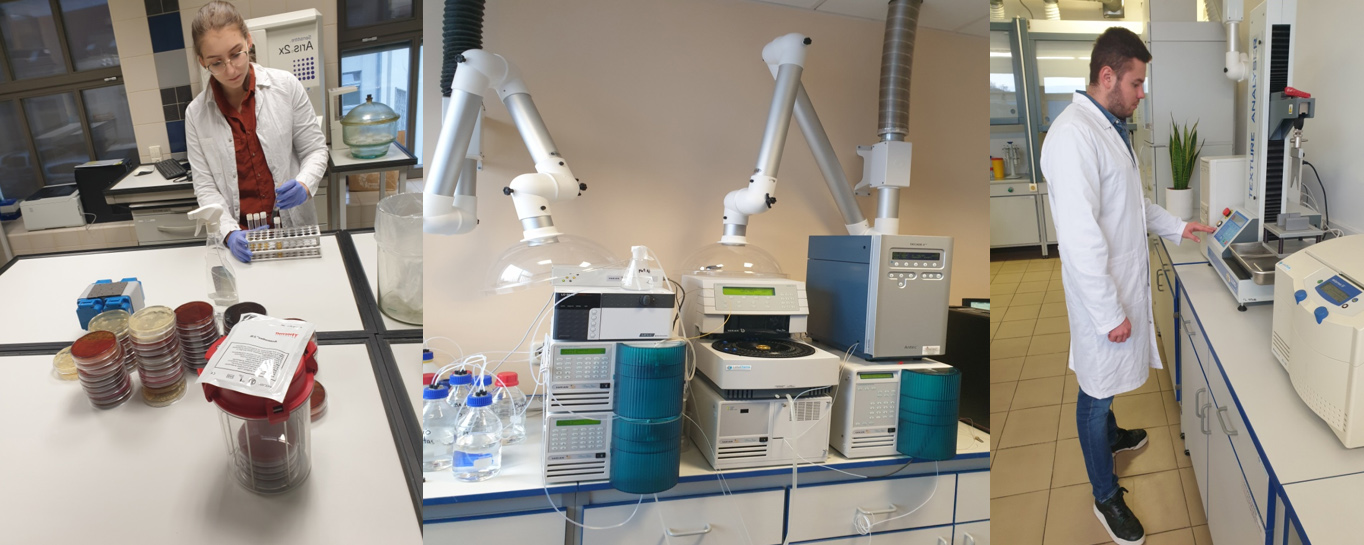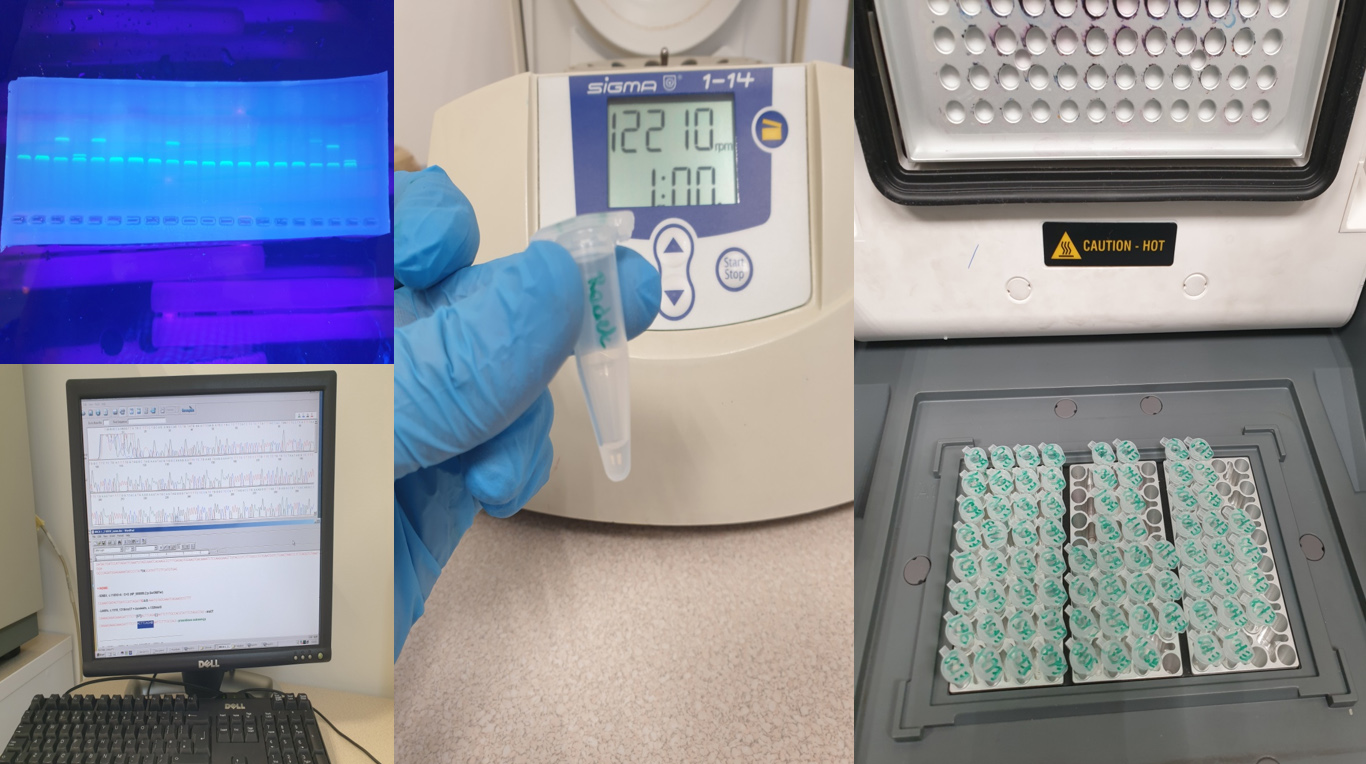
As a participants of the Erasmus project – we took part in a 14-day trip to Lithuania. The unit that expressed its willingness to cooperate was the Medical University of Kaunas.
The trip to Kaunas gave us the opportunity to improve our English, learn about innovative teaching methods and modern forms of work, which resulted in improving our professional qualifications and interpersonal skills. It was also an opportunity to broaden one’s horizons, get to know a new culture and establish international cooperation as part of future projects. The experience from our stay in Lithuania allowed us to gather a lot of valuable information on running a laboratory and performing new laboratory analyses.
Reaching Lithuania was not a problem, driving our own car we can enjoy the expressway journey practically to the very border with Lithuania. Lithuanian highways are also of good quality and well-marked. For people who do not have a car, I recommend travelling by coach, there is a direct connection from Lublin to Kaunas. Lithuania is in the Euro currency zone, so it is worth remembering about converting zlotys.
Classes at the Medical University of Kaunas were held from Monday to Friday. In the morning, getting to the university by car was a nuisance (large traffic jams, few parking spaces). In such situations, well-developed public transport came to the rescue. Most of the buses were Polish production!
The scope of the lectures mainly focused on veterinary issues and zootechnical issues. Laboratory exercises entered the area of microbiology, molecular biology and cytogenetics. Each of the modules was conducted by specialized teaching staff with excellent command of English. Perfectly equipped laboratories enabled us to learn about new types of analytical devices, and thus allowed us to introduce new methods at our home university. As a result, the best laboratory and methodological practices were exchanged, new professional contacts were established, social and professional competences increased.
In addition, going to a foreign university was a great motivation for us to take up new challenges in scientific work. During our stay, we conducted research at the Kaunas Medical University vivarium. Animal models were used to carry out microbiological and pharmacological analyses, as well as research in the field of physiology, toxicology, anatomy, animal food raw materials and products of animal origin.
The conducted research can be used in the translation of doses and types of drugs from an animal model to the human body. The collected research material will certainly help to strengthen scientific relations between sciences. Elaboration of results and joint formulation of conclusions will certainly result in several scientific publications and many years of cooperation. Participation in the Erasmus+ project has brought us many long-term benefits, including: professionalization of staff responsible for cooperation with foreign institutions, improvement of language, interpersonal and professional qualifications. Enriching the workshop with new laboratory methods, implementing good practices and innovations, which resulted in obtaining key competences and deepening the sense of European identity.
In addition, contacts were established with foreign partners for international cooperation and the Department of Biochemistry and Toxicology was given a European dimension by promoting it on the international arena.
University of Life Sciences in Lublin
13 Akademicka Street, 20-950 Lublin
VATIN 712 010 37 75
REGON no. 000001896
ePUAP: /UP-Lublin/SkrytkaESP




